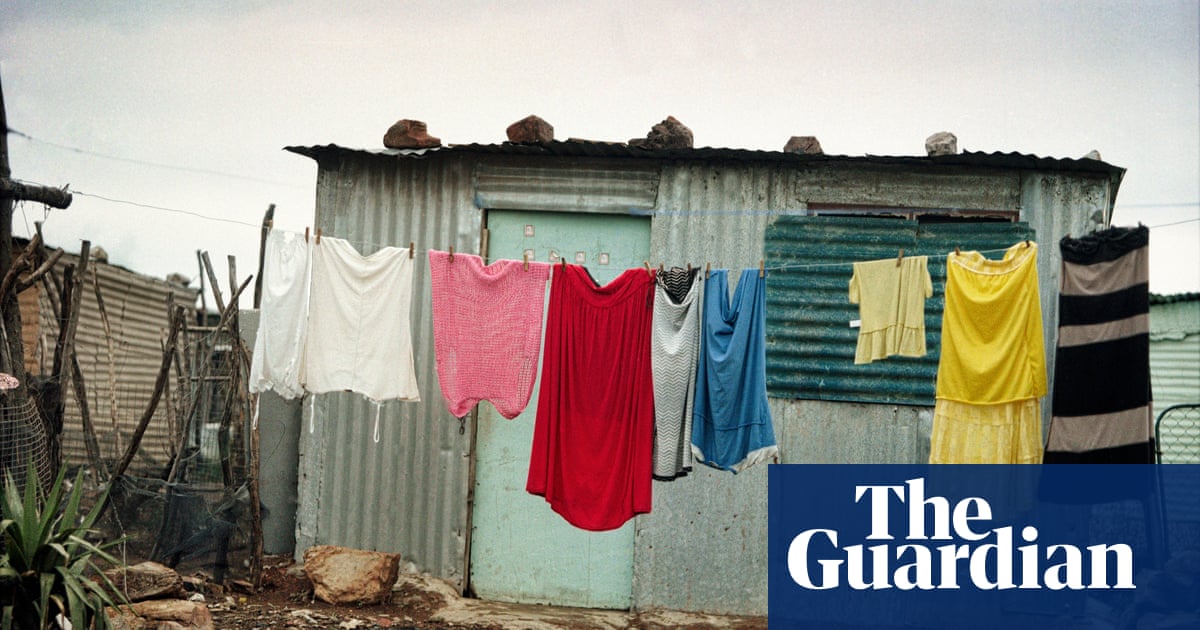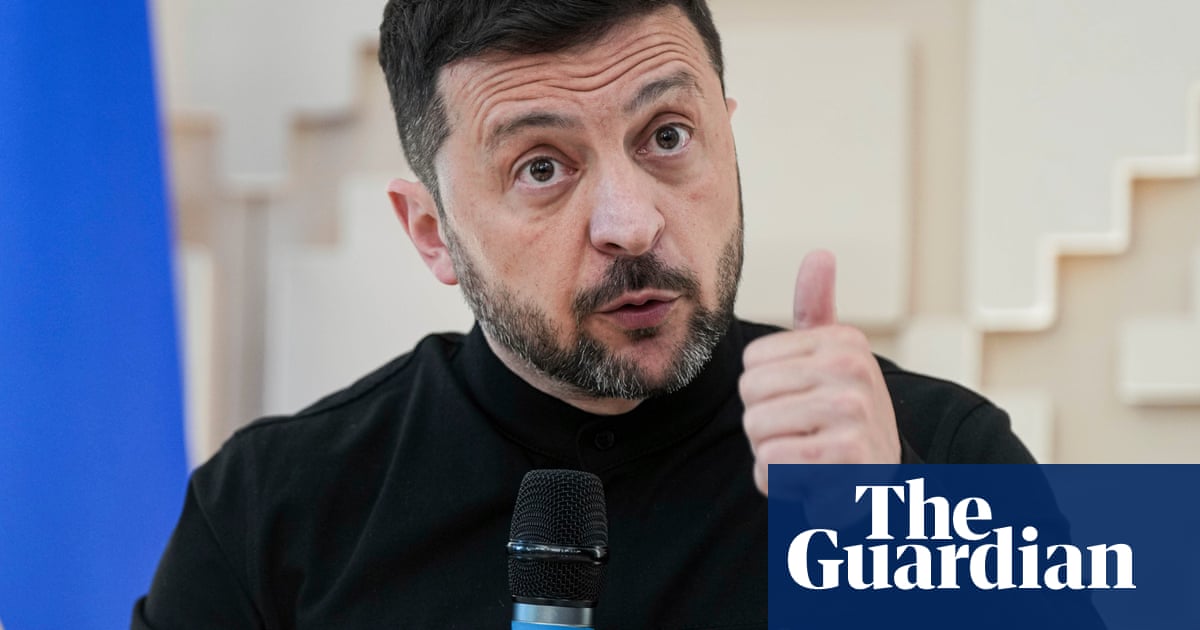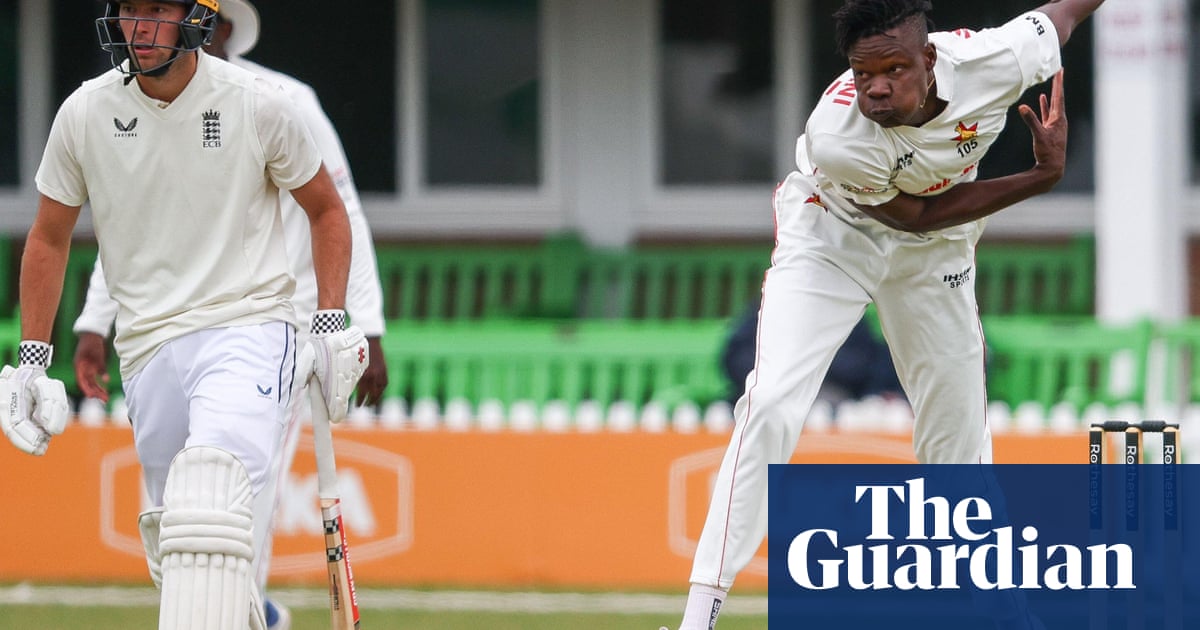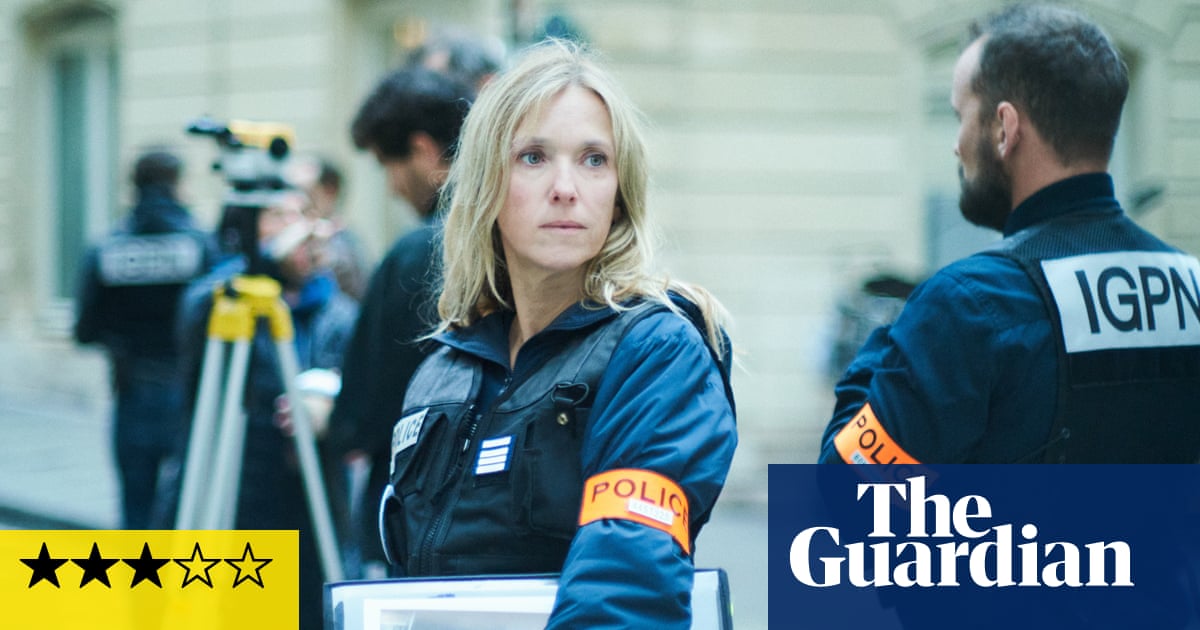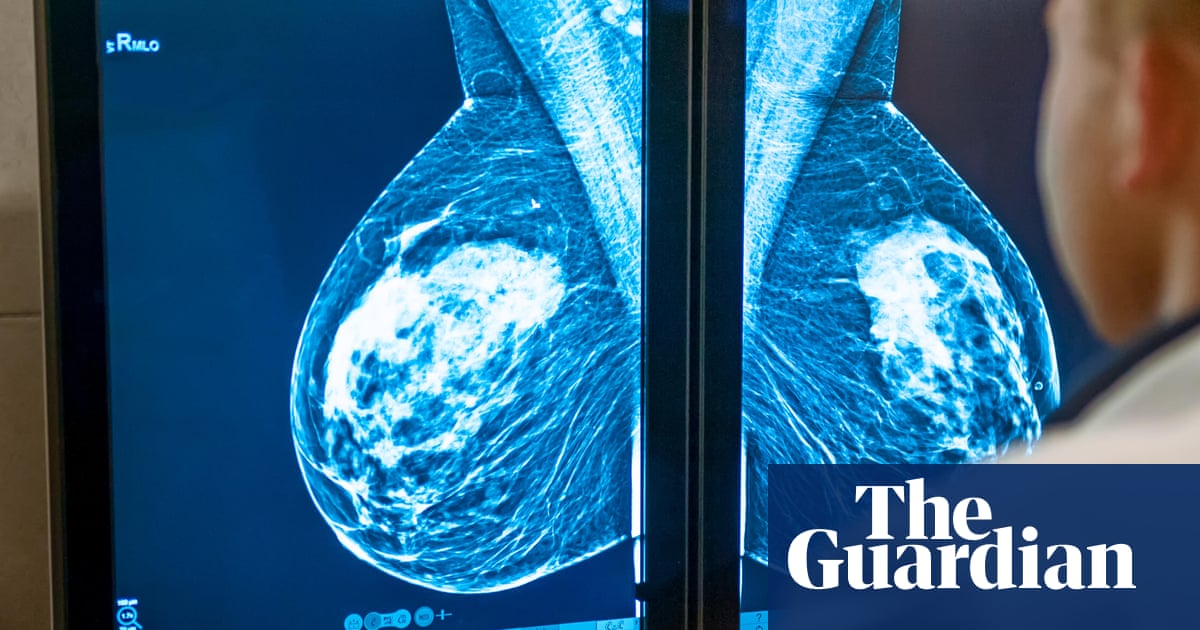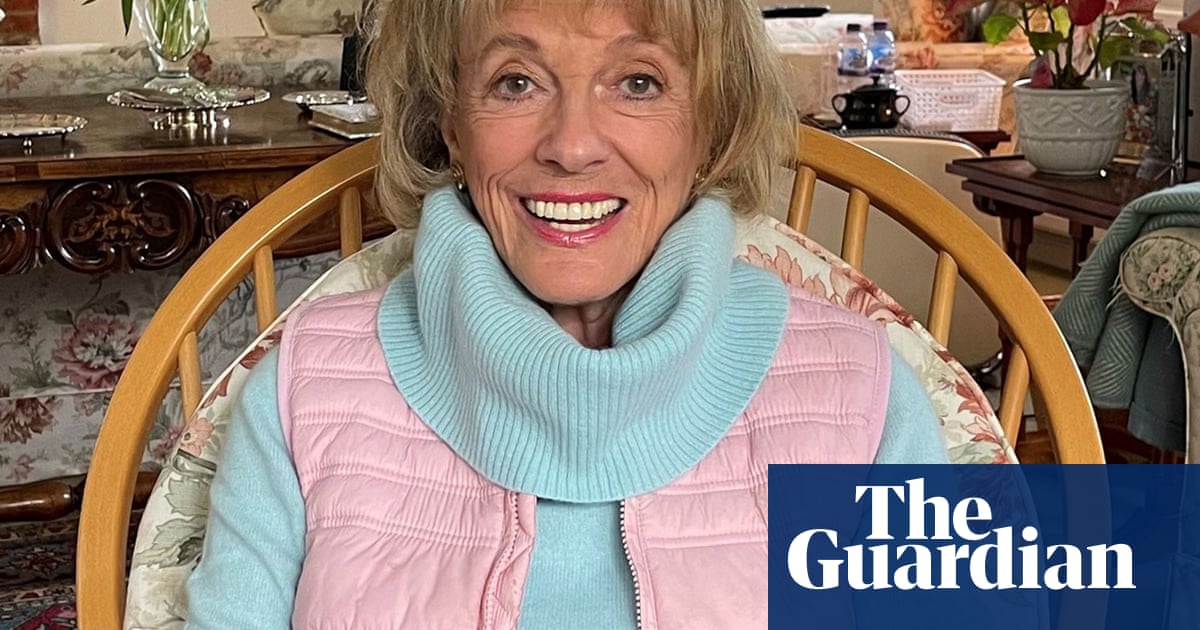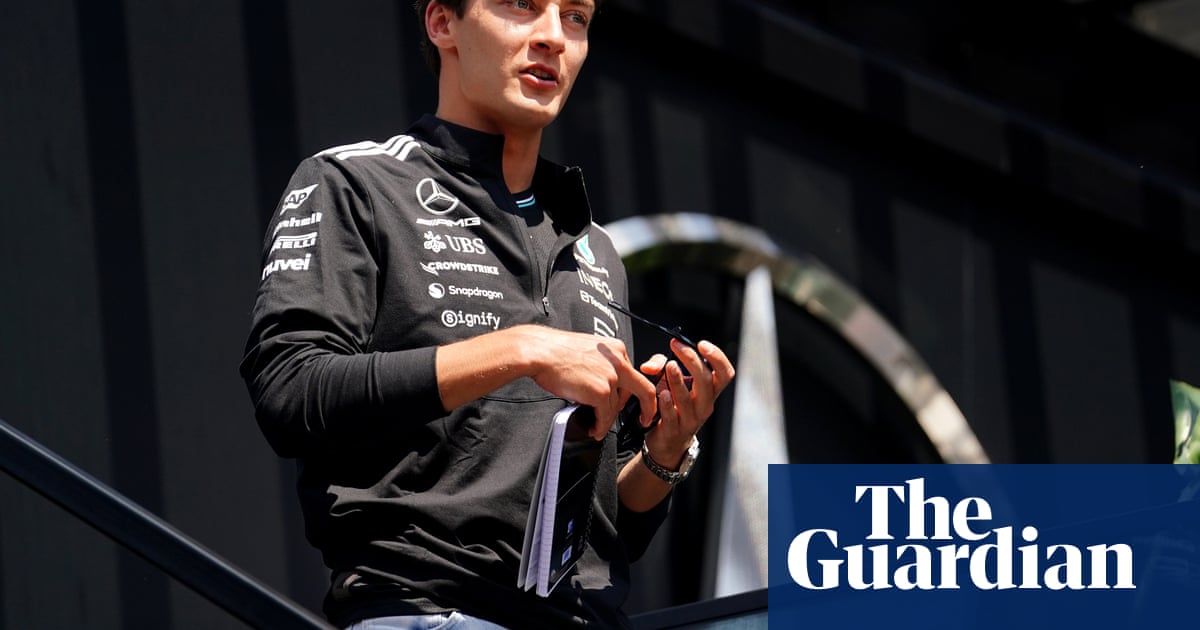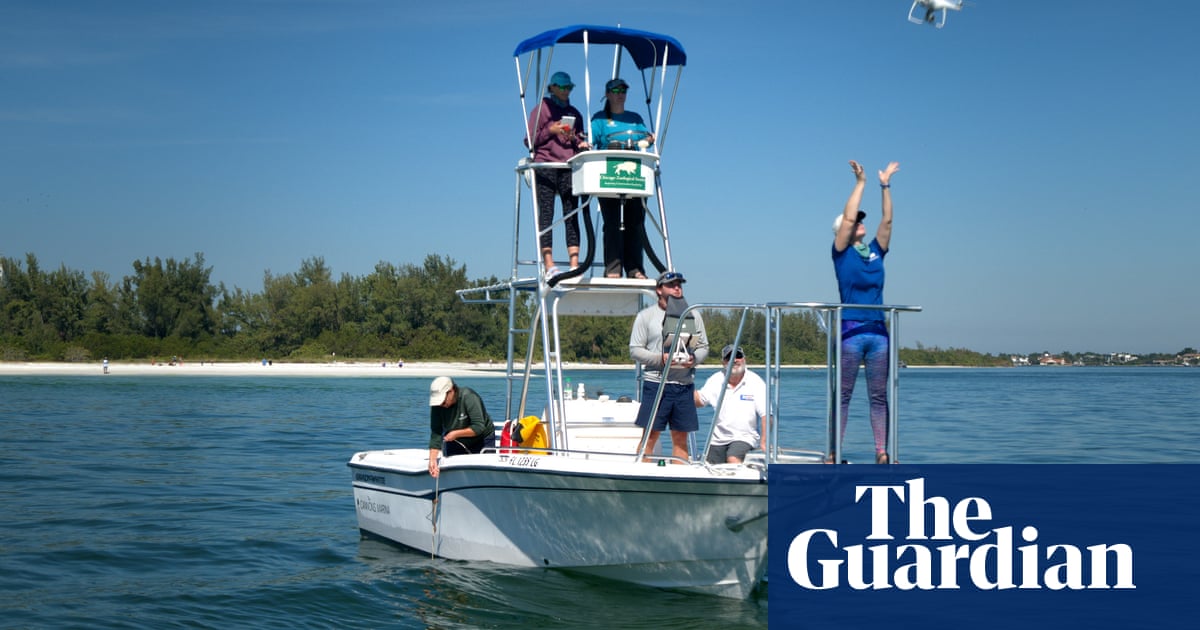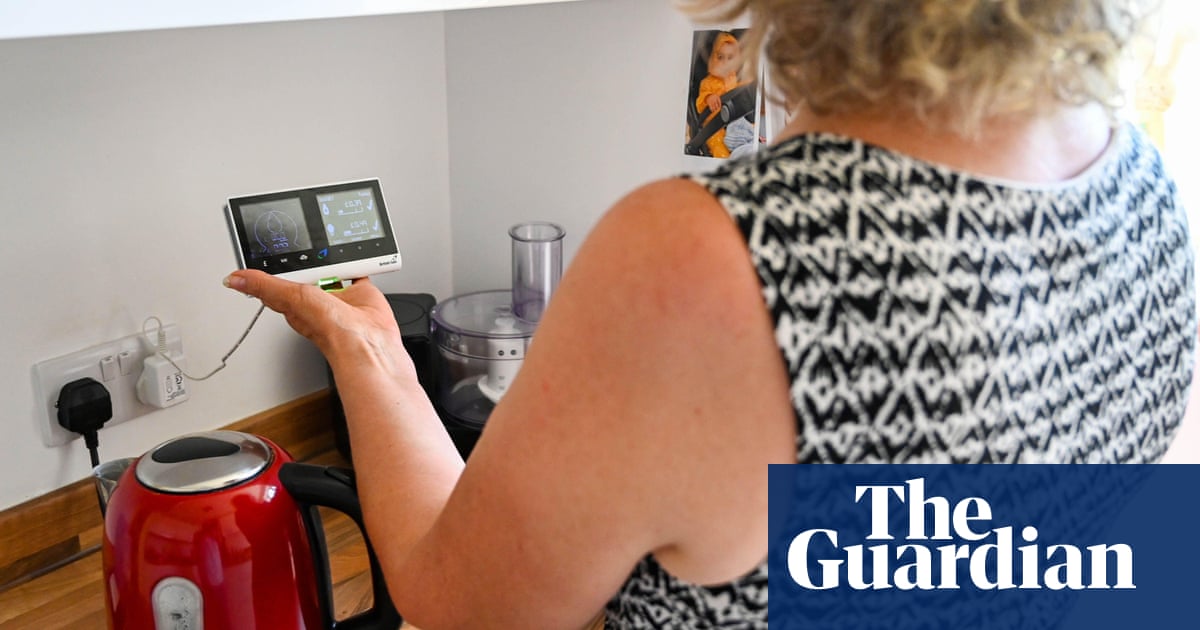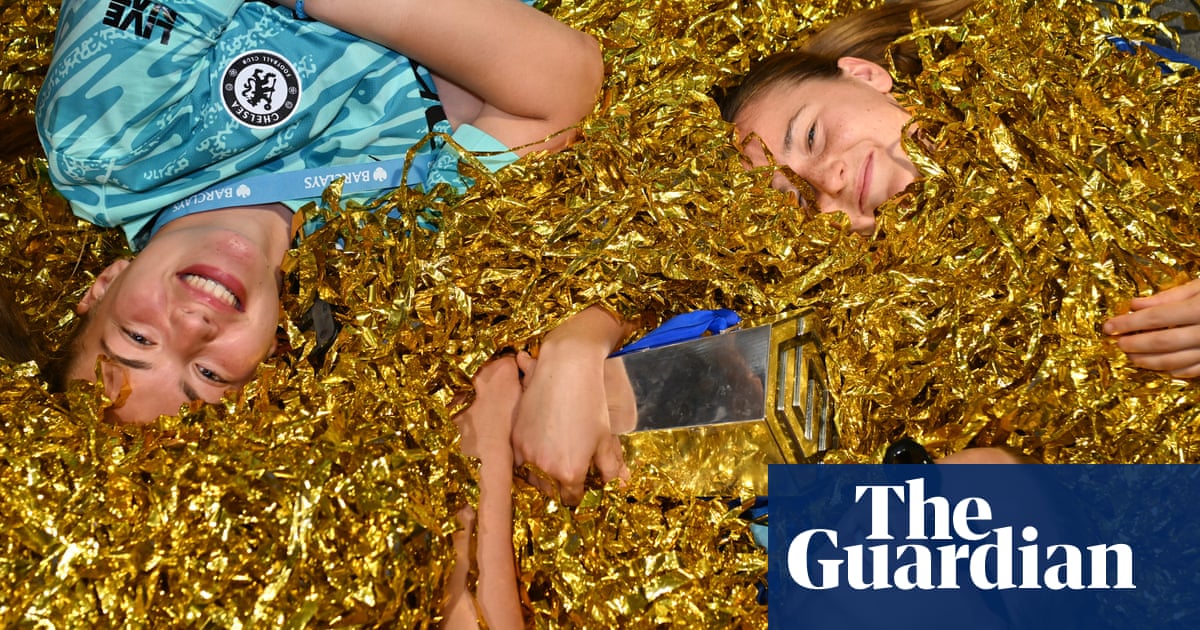A general accused of failing to report evidence of war crimes committed by the SAS in Afghanistan has been appointed as the new head of the Royal Navy.
Gen Sir Gwyn Jenkins – the first Royal Marine to become First Sea Lord and Chief of the Naval Staff – replaces Adm Sir Ben Key, who was removed from it last week while under investigation over allegations of misconduct.
However, he has become the focus of controversy this week amid reports that he oversaw the rejection of resettlement claims made by Afghan troops who served with UK special forces.
Jenkins also led UK Special Forces (UKSF) in Afghanistan when alleged war crimes were committed and which are the subject of a public inquiry looking specifically at the period between mid-2010 and mid-2013.
The BBC’s Panorama reported that he had appointed a UKSF officer under his command to assess the Afghan commando applications to resettle in Britain after special forces headquarters was given a controversial veto.
Thousands of applications from individuals with credible evidence of service with Afghan special forces were then rejected, according to the investigative programme.
It was also previously reported that Jenkins had been warned in writing in 2011 that SAS soldiers were claiming to have executed handcuffed detainees in Afghanistan.
Instead of referring the details to military police, he was reported to have placed it in a classified dossier and locked it in a safe.
The general had been in line to become the UK’s national security adviser until Keir Starmer last year cancelled the appointment made by his predecessor, Rishi Sunak.
John Healey, the defence secretary, said on Thursday that Jenkins was “a proven leader with a distinguished career in both the military and at the core of government”.
“I know he will deliver in this pivotal role, making Britain secure at home and strong abroad,” he added.
In a statement, Jenkins said: “Throughout my career, I have always been motivated by the vital role the Royal Navy has in keeping our nation safe.
“To do that now, we need to accelerate our return to a war fighting force that is ready for conflict, expand our modernisation efforts and deliver the Royal Navy our nation needs.”
The Chief of the Defence Staff, Adm Sir Tony Radakin, described Jenkins as one of the outstanding Royal Marines of his generation, who brought “a wealth of operational and organisational expertise”.
“In a more dangerous and demanding world, Gen Jenkins has the instincts and ambition needed to continue the modernisation of the Royal Navy, ensuring it can meet future threats and continue to safeguard our nation’s security and prosperity,” Radakin said.
Jenkins was commissioned into the Royal Marines in 1990. After becoming a colonel, he was deployed for 12 months to Afghanistan, for which he was awarded an OBE, and returned to the UK in 2012 as the military assistant to the prime minister, David Cameron.
After two years, he was promoted to brigadier and took up a civilian appointment in the Cabinet Office as the deputy national security adviser for conflict.
After returning to the military in 2017, he took command of 3 Commando Brigade, overseeing operational deployments around the world, and was promoted to major general in 2019.
In August 2022 he was appointed Vice-Chief of the Defence Staff and promoted to general. Since August 2024, he has been the strategic adviser to the defence secretary.
The appointment was made as the activities of UK special forces in Afghanistan came under the spotlight again this week, after former personnel accused colleagues of committing war crimes there and in Iraq, making the allegation that they executed civilians including a child.
Members of the Special Boat Service (SBS), the Royal Navy’s elite special forces regiment, are accused for the first time, along with soldiers from the SAS.
A Ministry of Defence spokesperson said the department was fully committed to supporting the independent inquiry relating to Afghanistan.
“It is not appropriate for the MoD to comment on allegations which may be within the scope of the statutory inquiry, or to speculate on outcomes,” they added.

.png) 5 hours ago
3
5 hours ago
3
